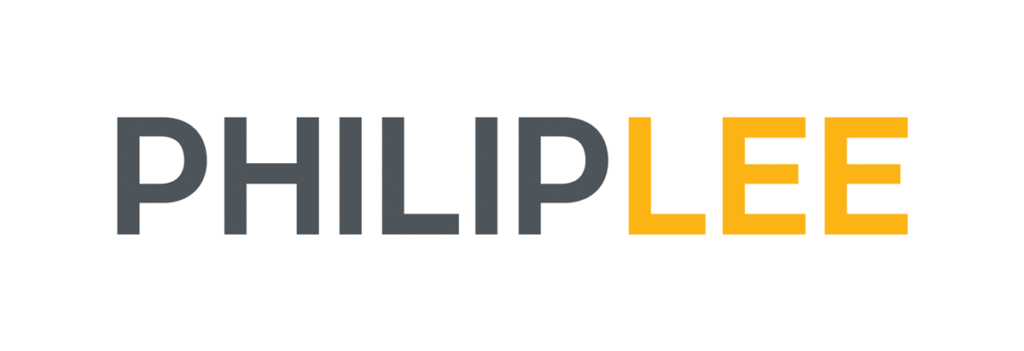Global warming: the real enemy

Climate change and biodiversity loss both require urgent action at scale, but risk ending up in conflict over the designation of “go to” and “no go” areas on land and at sea. If such conflict arises, it is important to remember who the real enemy is, write Alice Whittaker and Lev Gantly, partners, and Maeve Delargy, senior associate, at Philip Lee.
The earth is warming at an alarming rate, the full consequences of which are challenging to predict but most predictions are catastrophic. Air temperature increases, now mostly accepted to be anthropogenic even by the most fervent climate deniers, are only part of the story. Approximately 90 per cent of warming is occurring in the sea. Warming of the oceans is estimated to have doubled since the 1990s, while the warmest ocean temperatures were recorded in 2021-2022. Marine heatwaves have increased in frequency and intensity, with significant impacts on marine species and ecosystems. As water warms it expands, contributing to record high sea level rises and extreme rainfall events.
While land use change – primarily for agriculture – continues to be the major cause of biodiversity loss, rising sea temperatures are causing potentially irreversible alterations to marine, terrestrial and freshwater ecosystems. Loss of habitats, like reefs, and unpredictable migration and loss of marine species are being experienced to a variable extent all over the world.
As over 70 per cent of greenhouse gas emissions globally come from the energy sector, the decarbonisation of the energy sector is a high priority, and central to the REPowerEU plan published in May 2022. Under REPowerEU, the European Commission proposes to increase renewable energy targets in the Renewable Energy Directive 2019/2001 (RED II) from 32 per cent to 45 per cent.
To address immediate security of supply concerns, Council Regulation (EU) 2022/2577 lays down emergency measures to accelerate the deployment of renewables within the next 18 months. Adopted on 22 December 2022, it requires states to rapidly streamline the permitting process for projects already in the permitting system or due to be submitted. Projects capable of achieving short-term acceleration in deployment of renewables, such as solar, heat pumps, repowering projects, energy storage, and all associated grid connection facilities, should be given the highest priority. Project innovation should be facilitated by giving developers an opportunity to update technical specifications between the permit application and project delivery.
Renewable projects are presumed to be in the overriding public interest serving public health and safety, for the purposes of securing derogations under the Habitats, Birds and Water Framework Directives. With respect to the strict protection of rare and vulnerable species, however, the State may only give higher priority to the renewables projects where it can demonstrate that it is undertaking conservation measures to maintain or restore the affected species at a favourable conservation status, and sufficient financial resources as well as areas are made available by the State for that purpose. While the CJEU has through its rulings indicated that the effectiveness of proposed mitigation measures must be established at the time the permit is granted, under this Regulation and REPowerEU, there is a recognition that an adaptive management approach may be more appropriate. This would require active ongoing monitoring and the ability to respond and modify the project should unforeseen or adverse impacts be identified in the course of the project delivery or operation.
“Ireland has agreed to increase offshore targets, as reflected in the latest Climate Action Plan 2023, to 7GW of offshore wind by 2030 (with 2GW ear-marked for green hydrogen) and 37GW by 2050.”
States may identify “go to” areas which are designated for renewables, and subject to prior SEA and the prior identification and application of mitigation measures to minimise or avoid any adverse effects on species. Where a proposed project conforms to the designation, it could be permitted without EIA, but potentially subject to an obligation to contribute financially to the protection of species. The Regulation is subject to review by 31 December 2023, at which point the Commission may determine that it should be further extended.
Under the TEN-E Regulation (EU) 2022/869, member states agreed to co-operate in developing offshore renewable and grid projects within their respective priority corridors. The EU Institutions are working on a Proposal for a Directive to further amend RED II, to give priority to renewables projects and specific guidance and proposals to streamline and expedite permitting.
Ireland is part of both the North Seas Energy Cooperation (NSEC) and Northern Seas Offshore Grids (NSOG) under the TEN-E Regulation, and through those mechanisms, Ireland has agreed to increase offshore targets, as reflected in the latest Climate Action Plan 2023, to 7GW of offshore wind by 2030 (with 2GW ear-marked for green hydrogen) and 37GW by 2050. Collectively, the North Seas area states have committed to targets which exceed the 2030 targets under the Offshore Energy Strategy 2020 for the whole of the EU territory.
The mere setting of ambitious targets is insufficient. The ongoing legislative proposals would require states to map the areas on land and at sea which will be available for renewables projects, whether as dedicated ‘go to’ areas or otherwise. Any gap between the State’s commitments and the areas allocated for renewables would have to be addressed by additional measures.
Offshore Renewable Energy Development Plan II is being prepared, but not as a spatial offshore plan. The State can only avoid identifying where Ireland’s offshore projects will be delivered for so long. Legislation providing a structure for the designation of marine protected areas is being prepared. There is a risk that the designation of “go to” and “no go” areas will result in conflict, and if that happens, it will be important to remember who the real enemy is1.
T: 01 237 3700
E: awhittaker@philiplee.ie / lgantly@philiplee.ie / mdelargy@philiplee.ie
W: www.philiplee.ie
1.”when you are in the arena, remember who the real enemy is,” The Hunger Games – Catching Fire’ by Suzanne Collins






